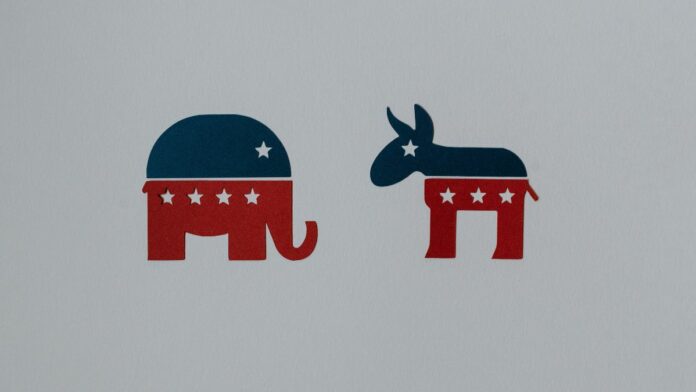Swedish climate activist Greta Thunberg has stepped down from her leadership role in the Global Sumud Flotilla, an anti‑blockade mission headed toward Gaza, citing internal disagreements over strategy and communication. Thunberg will continue participating as an organizer and aboard one of the flotilla’s ships, but she no longer holds a position on the steering committee.
According to reports, the decision came after months of delays, logistical issues, and disagreements inside the flotilla over how much emphasis should be placed on internal drama versus highlighting humanitarian concerns in Gaza. Thunberg was reportedly displeased that much of the flotilla’s communication was focused on internal tension — who is leading, who left, who is replacing whom — rather than the siege conditions in Gaza and the mission’s core goals.
Media sources say Thunberg was seen transferring from the ship Family, which houses the executive committee, to a different vessel known as Alma. Her name has also been removed from the bloc’s leadership page on the flotilla’s official website. In statements, Thunberg acknowledged she is no longer part of the leadership board but affirms she remains committed to supporting the flotilla’s efforts as a participant. She said this arrangement allows her to contribute more effectively given the direction the leadership has taken.
The flotilla itself has faced several hurdles: bureaucratic roadblocks, fuel shortages, harbor delays, and disagreements among activists over messaging and priorities. Some activists left the flotilla altogether, citing physical and mental strain. Thunberg’s exit from the leadership post appears tied as well to concerns about focusing too much inward rather than maintaining public visibility on the humanitarian crisis.
As these events unfold, questions remain about the flotilla’s capacity to reach Gaza and the extent to which leadership disputes will hamper its mission. Thunberg’s move underscores tensions that often erupt in large activist efforts where strategy, public relations, and humanitarian urgency collide.









